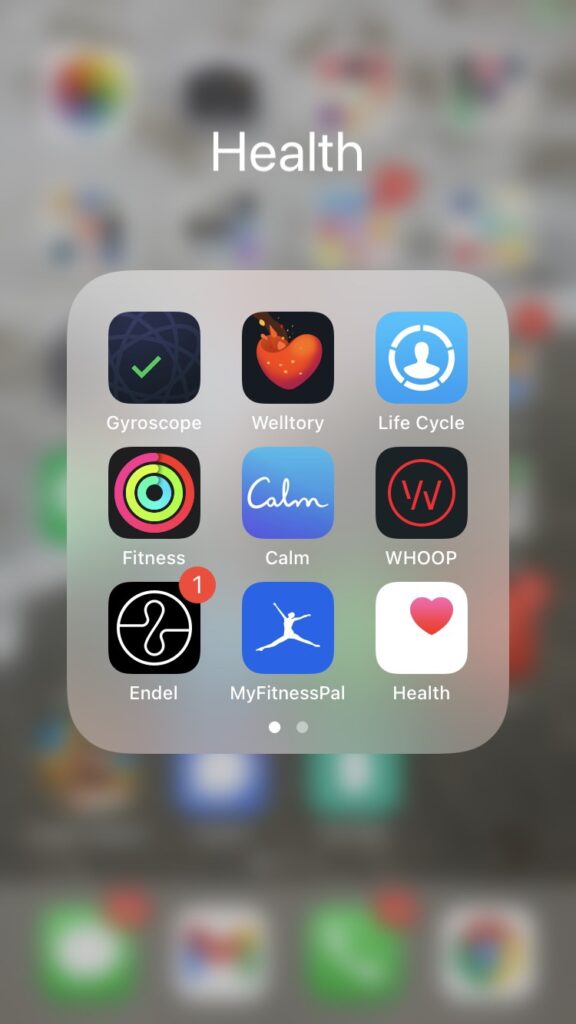The other night I got suckered into the infamous Slate Star Codex comment about feminists and nerdy men. If you are already familiar with the general contours of this debate, you can skip the introductory paragraphs and go straight to my theory on the sexual dynamics of rejection in investing. I’ll caveat a lot before that. I read the above piece because I was high and while I would normally not spend an hour on angsty shit, I get tunnel vision with THC sometimes.
I’m an occasional reader of the rationalist community and often enjoy and respect their whole thing. To be honest I hadn’t ever bothered to read the feminist dunking controversies as, frankly, I took Scott Alexander at his word that this post wasn’t really representative of his work, so why would I bother? But again, weed tunnel vision. And boy golly do I regret reading it as I’m writing about it now.
I don’t want to minimize what was clearly a heartfelt and traumatic episode for everyone involved but the TLDR on the piece is basically certain kinds of women do not recognize the trauma of nerdy socially awkward men. Feminists in particular wield a cudgel over nerdy men, who it is argued in this article are victimized. There is some long winded arguments about whether this is a systemic issue. I kinda don’t care and you can judge for yourself. I myself read it as the personal trauma of one man that is being projected out as some kind of theory of power hierarchies. I’m not in the business of scratching up traffic with moralizing on woke politics. If I am, I’ll start charging for the blog.
What I did think was interesting is that we don’t like to talk about how women get rejected and how often we are in the power position to say yes or no. I do believe women to be systemically oppressed by patriarchy. I also think men are oppressed by it. And yes, women cope with sexual violence. That’s not a yes or no situation. Women in patriarchy are granted the upper hand in certain power structures. We don’t really admit this in polite discourse.
Women are the ones that get to say no. It’s a weird fucking system but somehow we have this power. I’d give it back if I could quite frankly. I don’t think it’s biological but I do think it’s true-ish. I fucking hate being the one that says yes or no to advances. I like to pursue but it’s not always an option. I don’t like that women have the power to be desired more than men do. No one talks about the female gaze because lol. Women gain power by saying no. Men gain power by saying yes. How we got here is for smarter people than me.
But I do have a theory that women generally being the ones to grant permission is honestly why pitching capital is such a bitch for women founders and male investors. Women are generally the ones who create desire and say no. Men saying no to women feels weird for both sides. I’ve maybe had one dude say no to me for sex and literally hundreds turn me down for money. It’s a head trip. It’s a personal experience, yes, but it’s also just how pitching works. People say no. Men get turned down a lot and apparently it’s traumatic as fuck for them.
Women aren’t used to it and men like to say yes to women but money can’t say yes to every company as that’s not how investing works. And yes, professionalism exists and, no, it’s never appropriate to wield power over someone’s future with sexual advances. I don’t know why that’s so hard for everyone. Like we shouldn’t be in positions where work feels like sex but maybe we should admit that women aren’t as used to being rejected and men don’t like doing the rejecting. So sometimes this gets grossly out of hand and investors say no to investing money as it’s their jobs (and it’s not personal) but still want to find a way to say yes, so inappropriate shit happens.
I think rejection is just a weird dynamic that’s lopsided with heterosexual cisgendered systems. I’d love to get rid of it. It sounds like plenty of men would too. I’ve always been under the impression that this was the goal of feminism. Clearly we aren’t there yet.
Also don’t read Scott Alexander’s blog comments when high or you too may end up writing about rejection and gender in public too.
